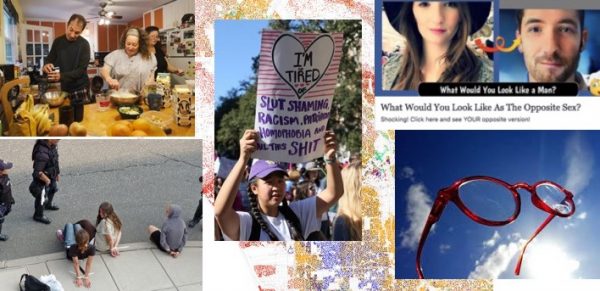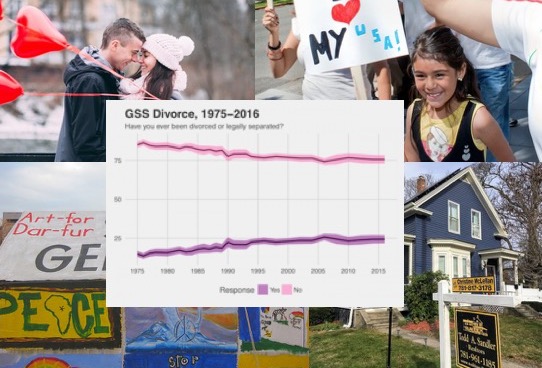There’s Research on That!:
“The Complexity of Evangelicals in the United States,” by Amber Joy Powell. Sociological research provides a complicated picture of evangelicals in the United States and their beliefs.
“The Social Consequences of Conflict,” by Brooke Chambers. Violent conflicts have many consequences, and here we rounded up social science research on their social and relational effects.
Discoveries:
“Are Sanctuary Cities Safer than We Think?” by Caity Curry. New research in Justice Quarterly finds that sanctuary policies for immigrants may actually reduce criminal activity and increase police cooperation in these cities.
Clippings:
“The Power of Commemorating the Past,” by Brooke Chambers. In a recent article in The Conversation, Nancy Berns explains the many ways commemorative events can prove beneficial, while also pointing out that not all historical violence is commemorated equally.
“Why Marriage Proposals are Stuck in the Past,” by Jasmine Syed. The Atlantic talks with Ellen Lamont and Judy Chu about why marriage proposals often perpetuate traditional gender roles.
From Our Partners:
Sociological Images:
“Bouncers and Bias,” by Amber Joy Powell.
Contexts:
“Young Women of Color and Shifting Sexual Identities,” by Tristan Bridges and Mignon Moore.
“All Credentials aren’t Created Equal,” by Louise Seamster.
“Anger, Profanity, and Hatred,” by by Audra Buck-Coleman.
Council on Contemporary Families:
“Patterns of Progress? Changes in Gender Ideology 1977-2016,” by David Cotter.
And a Few from the Community Pages:
- Girl w/ Pen! talks to Misha Hill about her experiences working in policy.
- Center for Holocaust and Genocide Studies features graduate student, Brooke Chambers.

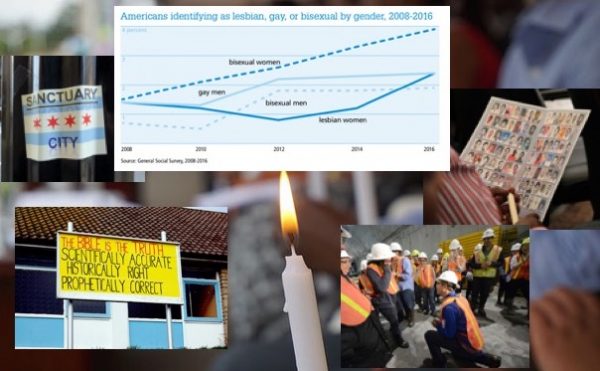
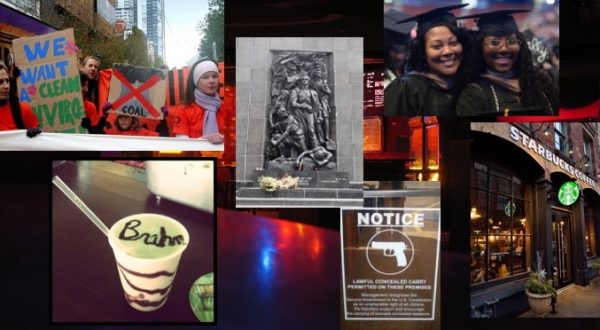


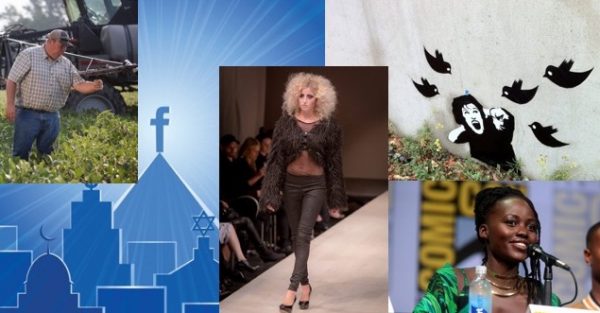
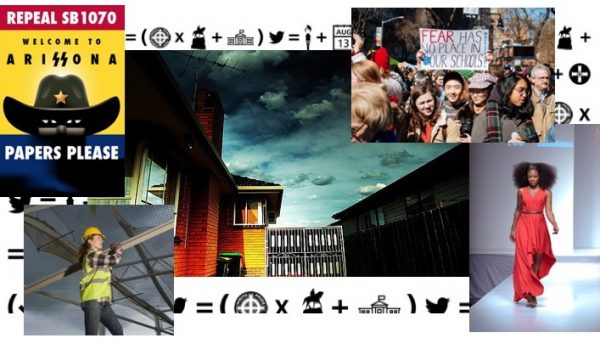 Hello Again! As we wrap up March and move into April, we’ve got social science research on fashion, a look at what makes discrimination trend on Twitter, and the prevalence of “white flight” in America.
Hello Again! As we wrap up March and move into April, we’ve got social science research on fashion, a look at what makes discrimination trend on Twitter, and the prevalence of “white flight” in America.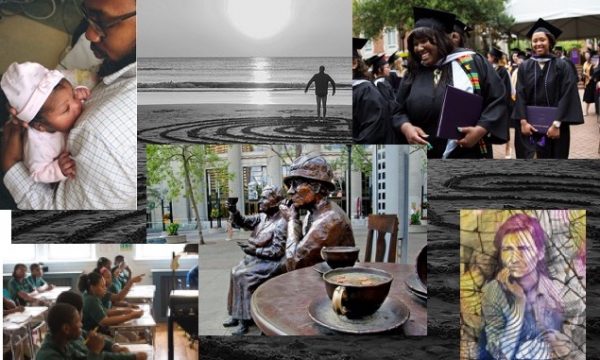 Allison here, again! My apologies for missing the last couple of weeks. Let me get you caught up! We’ve got pieces on the social science of spring break, how we remember historical figures, how teachers understand inequality in schools, and recognizing the diversity of gay parents.
Allison here, again! My apologies for missing the last couple of weeks. Let me get you caught up! We’ve got pieces on the social science of spring break, how we remember historical figures, how teachers understand inequality in schools, and recognizing the diversity of gay parents.